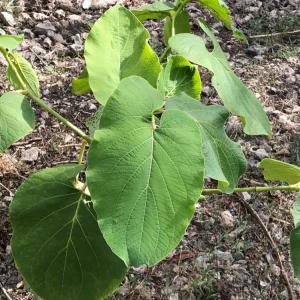求助
Sierra Wilson
2017年03月22日

I've had this plant for a while now and I was curious if someone could help me identify it. I've had it for about three years now. It has died and came back many times.
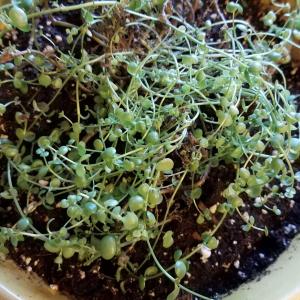
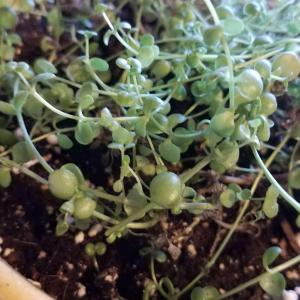


1
0
求助
Michelangelo DaVinci
2017年03月04日

i juat got this fellow and i dont know her name. help would be really appreciated!
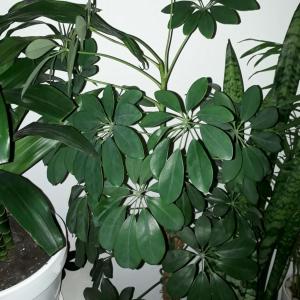

0
0
meriunkat:a nickname is dwarf umbrella tree
sunnyzou:Schefflera arboricola
求助
Elizabeth Gardner
2017年02月27日

I would like help identifying this succulent.
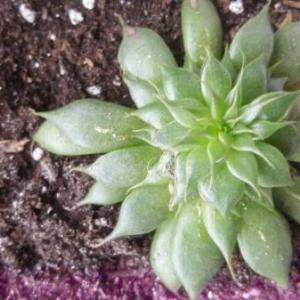
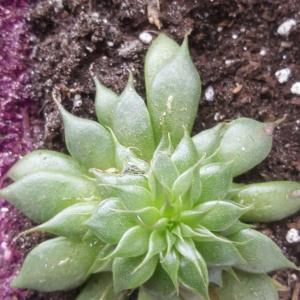
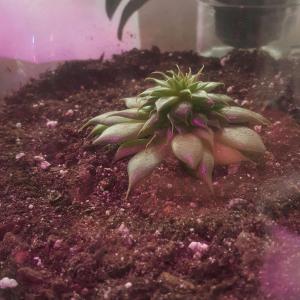



5
0
sophieDD:maybe it's "silver star crown"
ATastyBellPepper:Graptoveria ‘Silver Star’
求助
Rachel
2017年02月25日

help me identify this plant
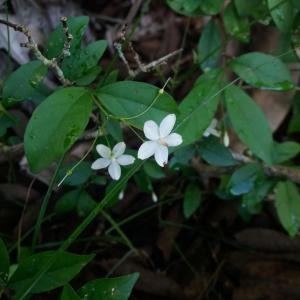

0
0
ATastyBellPepper:@Rachel my pleasure ☺️
Rachel:thank you so much Erin! 💚
ATastyBellPepper:wrightia vietnamensis
求助
JustCaffeine
2017年01月29日

Could somebody please help me identify these adorable little succulents? I got these cuties for a pretty good deal at a local plant shop yesterday. They are very small, the tallest one measuring at around one inch tall. I'd just like to know if there are any particular caretaking requirements for it compared to my other succulents and cacti, and just because I like to be able to identify my plants. #succulent #help
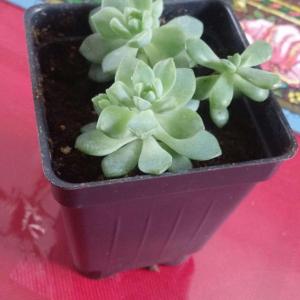
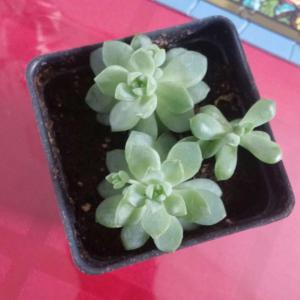
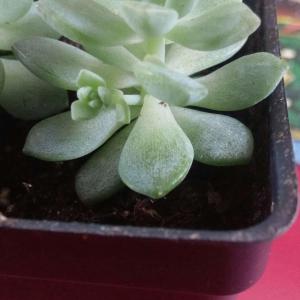



1
0
Morpheus M Clerk:looks like Ice plant but I'm not sure that's what it is precisely, from the looks of it it's ready to take over whatever area you plant it in, so be ready for that!
Clair-Lee:It seems that it was over water and lack of sunlight. In my opinion, you should take care of it just like your other Echeveria. One or two months later, it may look different and you can distinguish it easier.
小心翼翼:Oh,good looking
绿手指干货:More sunshine, less water, is so esay!
Succulent Hauz
2017年01月02日
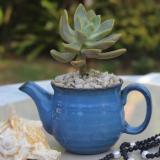
Can anyone help me name this Huernia? It doesn't stand at all lookes like a hanging one.


3
0
stone:@Succulent Hauz Similar to Selenicereus innesii.
Succulent Hauz:@Andy yeah but it doesnt have hairs like that
Andy:Similar to Aporocactus flagelliformis (L.) Lem
GFinger
2016年07月19日

TIPS📝
We take an interest in gardening for a variety of reasons—higher quality produce, exercise in the great outdoors etc.
When you're just getting started, gardening can be intimidating.GFinger will help you learn the basics, starting with these steps.
Step 1: Gather Your Gear
Proper tools provide us more comfort and efficiency, which means less work for us!
Here's what you'll need to get started.
1 Trowel - Used for weeding and digging small holes.
2 Gardening gloves - As much as we like getting our hands dirty, we don’t like getting them that dirty. A good pair of gloves can also protect your hands from bugs and prickly plants and weeds.
3 Sun hat - For UV protection, make sure this is wide-brimmed and cinches.
4 Watering can or hose – What you need will vary depending on your garden’s water needs and proximity to your water source.
5 Wheelbarrow - For larger gardens, you'll need one to transport mulch, dirt, and compost.
6 Roundhead shovel - For digging larger holes.
7 Rake - Ideal for spreading mulch, and gathering or transporting debris that has collected around your garden and between plants.
8 Shears - Use to prune away browning leaves or snipping herbs.
9 Pitchfork - This is an essential tool if you are creating a compost heap or pile.
Continued…
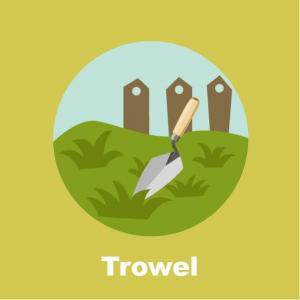
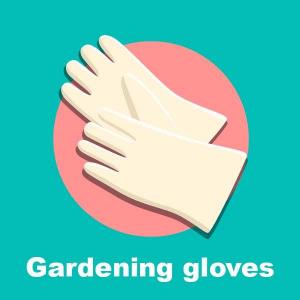
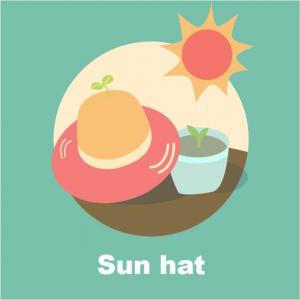
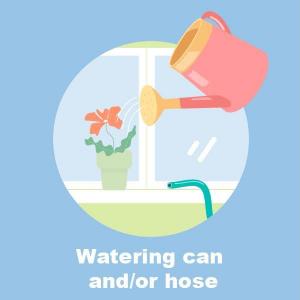
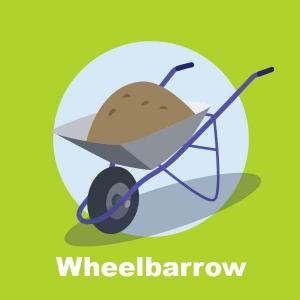
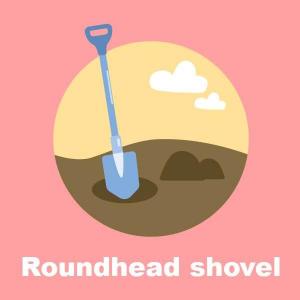
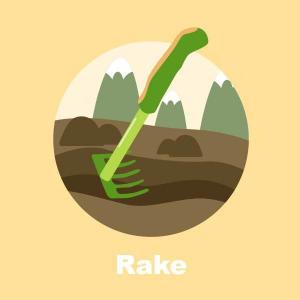

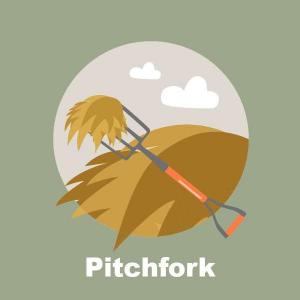
We take an interest in gardening for a variety of reasons—higher quality produce, exercise in the great outdoors etc.
When you're just getting started, gardening can be intimidating.GFinger will help you learn the basics, starting with these steps.
Step 1: Gather Your Gear
Proper tools provide us more comfort and efficiency, which means less work for us!
Here's what you'll need to get started.
1 Trowel - Used for weeding and digging small holes.
2 Gardening gloves - As much as we like getting our hands dirty, we don’t like getting them that dirty. A good pair of gloves can also protect your hands from bugs and prickly plants and weeds.
3 Sun hat - For UV protection, make sure this is wide-brimmed and cinches.
4 Watering can or hose – What you need will vary depending on your garden’s water needs and proximity to your water source.
5 Wheelbarrow - For larger gardens, you'll need one to transport mulch, dirt, and compost.
6 Roundhead shovel - For digging larger holes.
7 Rake - Ideal for spreading mulch, and gathering or transporting debris that has collected around your garden and between plants.
8 Shears - Use to prune away browning leaves or snipping herbs.
9 Pitchfork - This is an essential tool if you are creating a compost heap or pile.
Continued…









6
0
GFinger
2016年06月23日

GET✅:If you feel puzzled at growing flowers,just ask for help.
1How to post SOS;
2How to answer flower friends' SOS


1How to post SOS;
2How to answer flower friends' SOS


3
0
Citibear23:Asparagus fern
GFinger
2016年06月21日

Tips🌿
Possible health benefits of rosemary
Rich source of antioxidants and anti-inflammatory compounds- these are thought to help boost the immune system and improve blood circulation. Laboratory studies have shown rosemary to be rich in antioxidants, which play an important role in neutralizing harmful particles called free radicals.
Improving digestion - In Europe rosemary is often used to help treat indigestion - Germany's Commission E has approved it for the treatment of dyspepsia. However, it should be noted that there is currently no meaningful scientific evidence to support this claim.
Enhancing memory and concentration - blood levels of a rosemary oil component correlate with improved cognitive performance, according to research in Therapeutic Advances in Psychopharmacology, published by SAGE.
Neurological protection - scientists have found that rosemary is also good for your brain. Rosemary contains an ingredient, carnosic acid, that is able to fight off free radical damage in the brain.
According to a study published in Cell Journal, carnosic acid "may be useful in protecting against beta amyloid-induced neurodegeneration in the hippocampus."
Prevent brain aging - Kyoto University researchers in Japan revealed that rosemary may significantly help prevent brain aging.
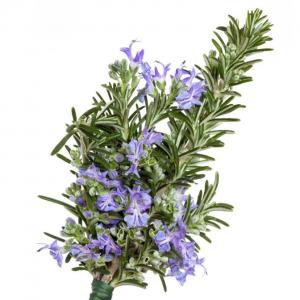
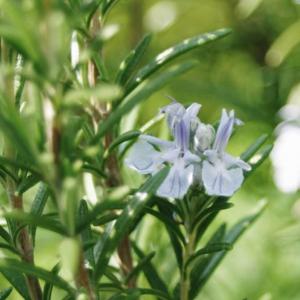
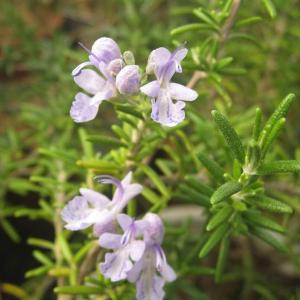
Possible health benefits of rosemary
Rich source of antioxidants and anti-inflammatory compounds- these are thought to help boost the immune system and improve blood circulation. Laboratory studies have shown rosemary to be rich in antioxidants, which play an important role in neutralizing harmful particles called free radicals.
Improving digestion - In Europe rosemary is often used to help treat indigestion - Germany's Commission E has approved it for the treatment of dyspepsia. However, it should be noted that there is currently no meaningful scientific evidence to support this claim.
Enhancing memory and concentration - blood levels of a rosemary oil component correlate with improved cognitive performance, according to research in Therapeutic Advances in Psychopharmacology, published by SAGE.
Neurological protection - scientists have found that rosemary is also good for your brain. Rosemary contains an ingredient, carnosic acid, that is able to fight off free radical damage in the brain.
According to a study published in Cell Journal, carnosic acid "may be useful in protecting against beta amyloid-induced neurodegeneration in the hippocampus."
Prevent brain aging - Kyoto University researchers in Japan revealed that rosemary may significantly help prevent brain aging.



8
2



